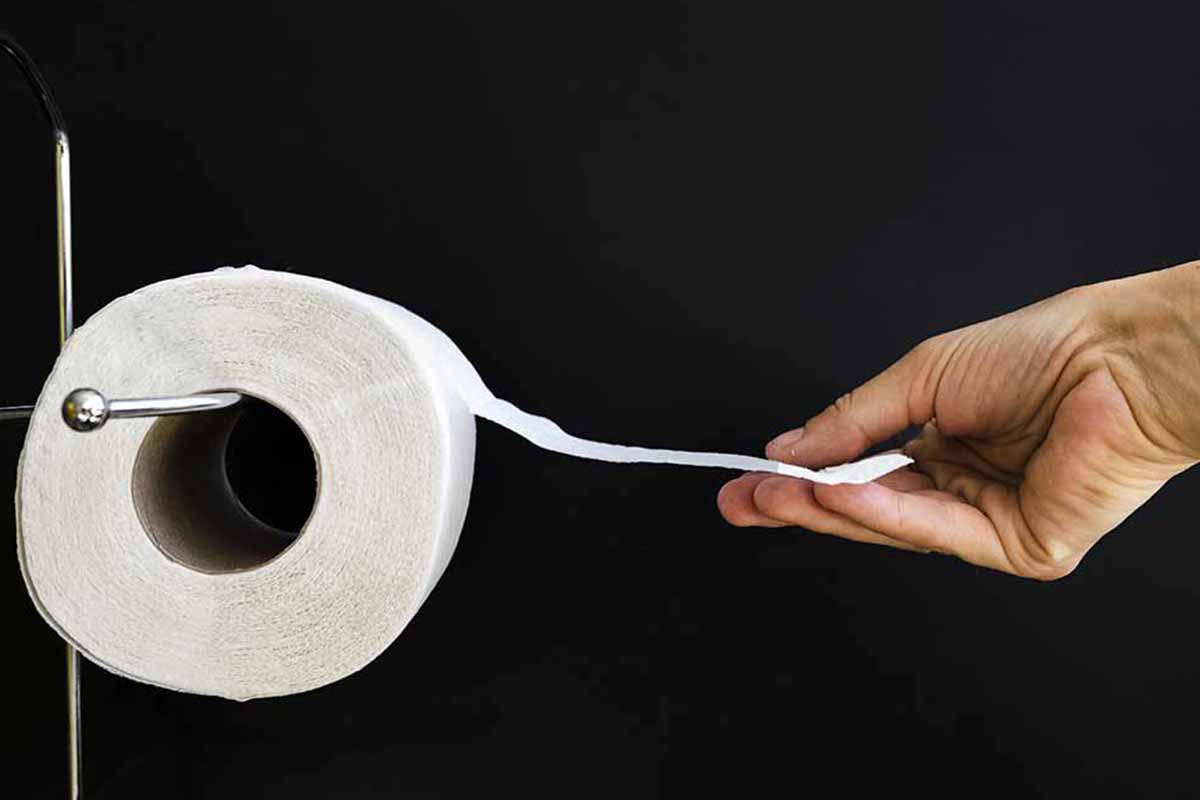A regular bathroom schedule can be a simple sign that your body is working well, while sudden changes often point to deeper health issues. In July 2024, researchers studied 1,425 healthy adults, analyzing stool microbiology, blood chemistry, and bowel movement frequency. The results were clear: extremes signaled stress on the body, while a “Goldilocks zone” of one or two times a day seemed healthiest. Daily habits influence gut transit time, so even small changes can improve comfort and lower health risks.
Bowel Regularity as a Window Into Gut Balance
Your bathroom rhythm reflects hydration, movement, and fiber breakdown. When things run smoothly, stools stay soft, digestion works efficiently, and the gut produces short-chain fatty acids that support overall health. In turn, this balance often boosts energy and well-being, as the digestive system communicates with the rest of the body through chemical signals.
Researchers grouped participants into four categories:
-
Constipation: 1–2 times per week
-
Low-normal: 3–6 times per week
-
High-normal: 1–3 times per day
-
Diarrhea: 4 or more liquid stools per day
These categories revealed strong links between bowel habits, gut microbes, and blood markers. The healthiest outcomes were found in those with one or two bowel movements daily—showing less stress and more stability.
How Speed Affects Microbes, Markers, and Health
When bowel movements are too fast, microbes from the upper gut appear more often in stool. This speeds water loss, producing loose stools and raising the risk of dehydration. Blood tests in these participants showed liver stress markers, highlighting the importance of addressing persistent diarrhea with food, hydration, and rest.
Slow transit brings a different problem. When microbes run out of fiber, they start fermenting proteins, releasing toxins that can leak into the bloodstream. One byproduct, indoxyl sulfate, is linked to kidney stress when levels rise. The longer stool remains, the greater the toxic buildup. Gentle strategies to ease constipation help reduce discomfort and lower systemic strain.
A moderate pace proved most reassuring. The high-normal group—going once or twice daily—showed more fiber-loving microbes and fewer stress signals. Since bowel frequency is easy to observe, it’s a valuable everyday health indicator.
Everyday Habits That Restore Balance
Those in the “optimal” range ate more fiber, drank more fluids, and were more active. These habits feed beneficial microbes, protect the gut lining, and lower inflammation. With better hydration, stools stay soft and pass with less strain. Simple, consistent practices are more effective than strict schedules.
Try small meal tweaks: add beans, oats, and leafy greens daily, drink a full glass of water with meals, and snack on fruit or nuts. Since fiber absorbs water, hydration makes the difference between smooth digestion and cramps.
Physical activity also plays a role. Even a brisk walk after meals stimulates the colon, relieves gas, and keeps things moving. Regular sleep supports bowel rhythm too, since digestion follows the circadian clock. After illness or heavy meals, bland foods and fluids can help reset the system.
Warning Signs to Watch
Less frequent bowel movements were more common among women and younger adults with lower BMI. This doesn’t mean something is “wrong”—but it shows who may benefit from early support. Stress, skipped water, or low-fiber diets can slow things down. Adding fiber gradually and keeping it steady works better than sudden changes.
Diarrhea is different. Persistent loose stools often mean too many upper-gut microbes are present. Blood in stool or nighttime urgency may signal liver stress. In these cases, calming foods followed by gradual fiber reintroduction can help. But ongoing symptoms with fever or blood warrant medical advice.
Constipation usually improves with patience. Add fiber slowly, drink water at each meal, and move daily. If stools remain hard or infrequent, check medications and consult a doctor. Relieving constipation not only brings comfort but also lowers systemic stress.
Why Frequency Matters for Overall Health
Frequent stools allow less time to absorb water and electrolytes, leading to fatigue. Infrequent stools encourage microbes to ferment proteins, releasing kidney-stressing toxins like indoxyl sulfate. Both extremes mean discomfort and abnormal blood markers, which is why steady daily habits matter.
Aim for once or twice daily. Center meals around vegetables, keep a reusable water bottle handy, and plan short walks. As fiber-loving microbes flourish, urgency and gas ease up. Because frequency is so easy to track, it serves as a practical guide for long-term gut health.
Small, Steady Changes Protect Gut Balance
Your gut records your daily choices faithfully—and offers clues when adjustments are needed. A routine of one to two times per day suggests balance, while long gaps or frequent diarrhea call for a reset. Start with more fiber, water, and gentle exercise. Over time, your body adapts, discomfort fades, and overall health improves.
If red-flag symptoms persist, see a doctor. Early advice prevents small issues from becoming chronic problems. With steady care, your gut—and your health—stay on track.
